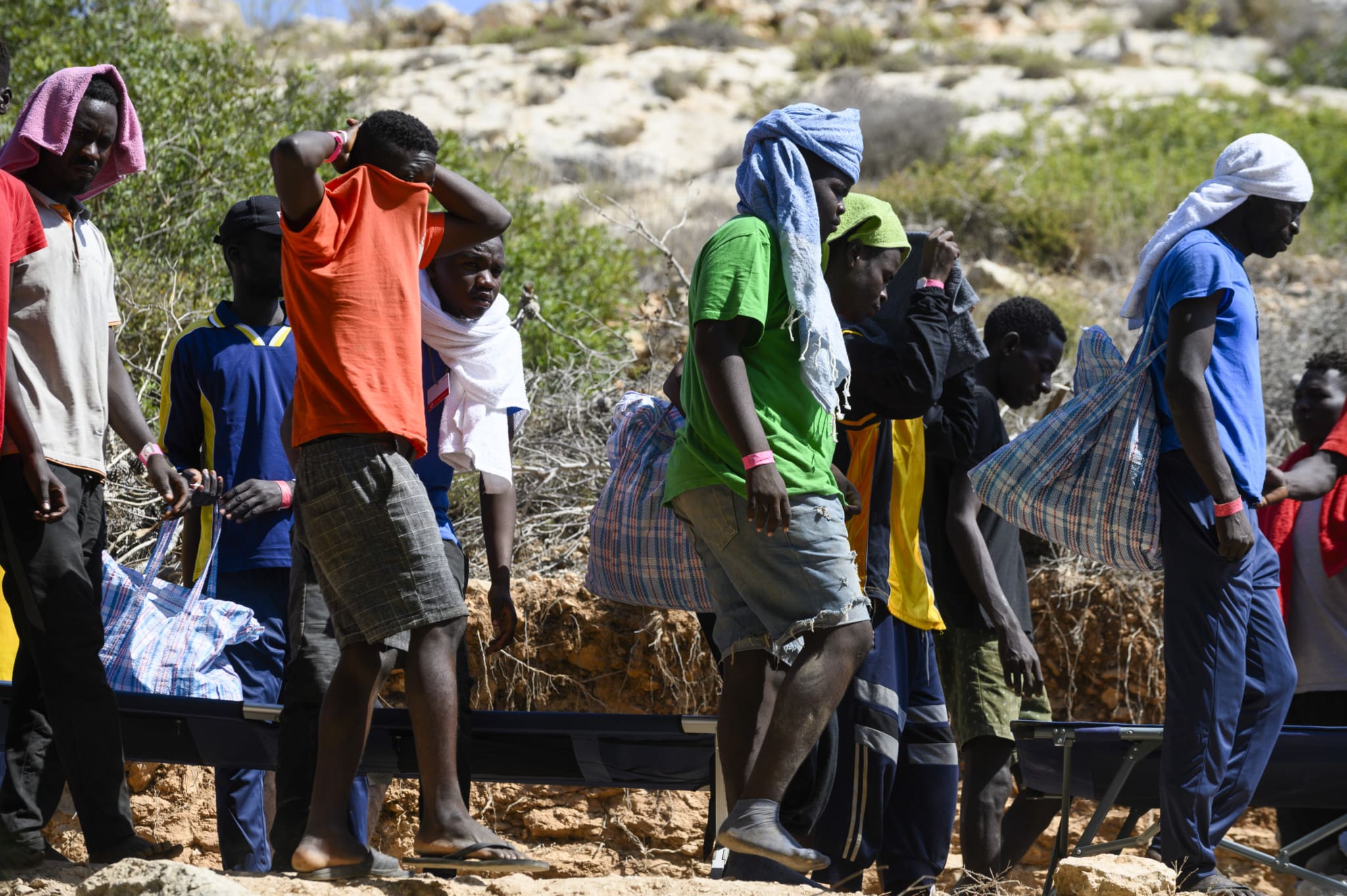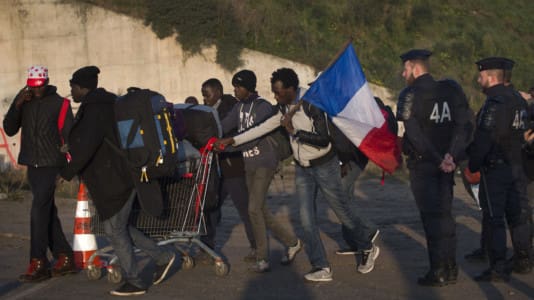At its regular Tuesday session, the Polish government adopted a resolution on illegal migration. Speaking to reporters after the meeting, the leader of the ruling conservatives (PiS), Jarosław Kaczyński, said that the resolution was an answer to the raging migration crisis on the Italian island of Lampedusa, which “is a symbol of the threat facing the whole of Europe, Poland included.”
The resolution calls upon the EU to return to the agreement of 2018, which excluded any enforcement of the relocation of migrants against the will of the member states. This year, the EU’s New Pact on Migration and Asylum was passed under controversial circumstances, with the new pact allowing for mandatory migrant quotas. That means member states such as Hungary or Poland, which have traditionally rejected migrant quotas, will be forced to take migrants from other member states or face penalties totaling €20,000 per rejected migrant.
European Commission President Ursula von der Leyen already alluded that she might be willing to use the pact’s powers during her visit on Sunday to Lampedusa, where she stated that the migrants will have to be relocated in order to reduce the burden on Italy.
The Polish resolution also states that all attempts at relocation effectively encourage further illegal migration and human trafficking. Kaczyński called all such relocation attempts “counterproductive.”
The resolution states that Poland has shown that illegal migration can be combated by effectively policing one’s borders.
“The alternative to such a policy is the chaos in Lampedusa,” said Kaczyński.
The Polish ruling party leader added that “the European Commission is pouring petrol on the fire of illegal migration” with its actions and Poland was not afraid to call it out. He believes it is Poland’s duty to its own people, as well as to the people of Europe and the EU itself, to take a stance against the invasion of illegal migrants.
On the same day as Poland’s general election, set for Oct. 15, Poles will also be voting in a referendum featuring four questions, one of which will be related to the EU migration pact, which is trying to enforce the relocation of illegal migrants from Africa and the Middle East to EU member states.





